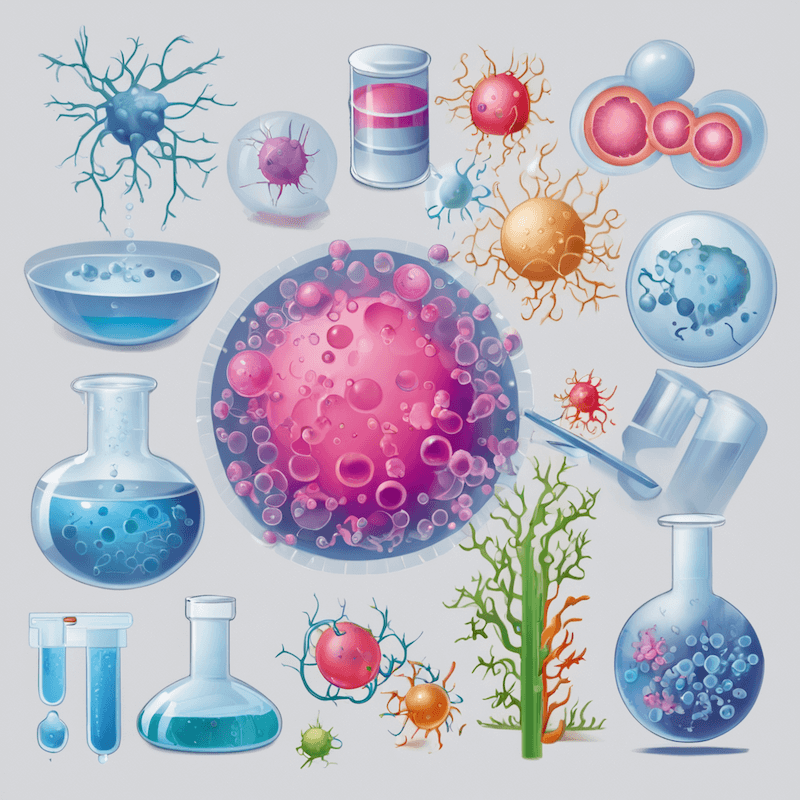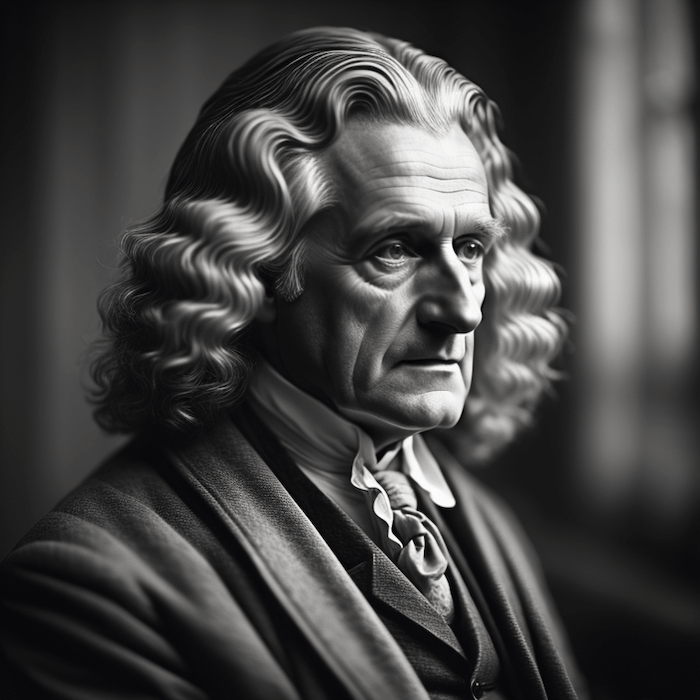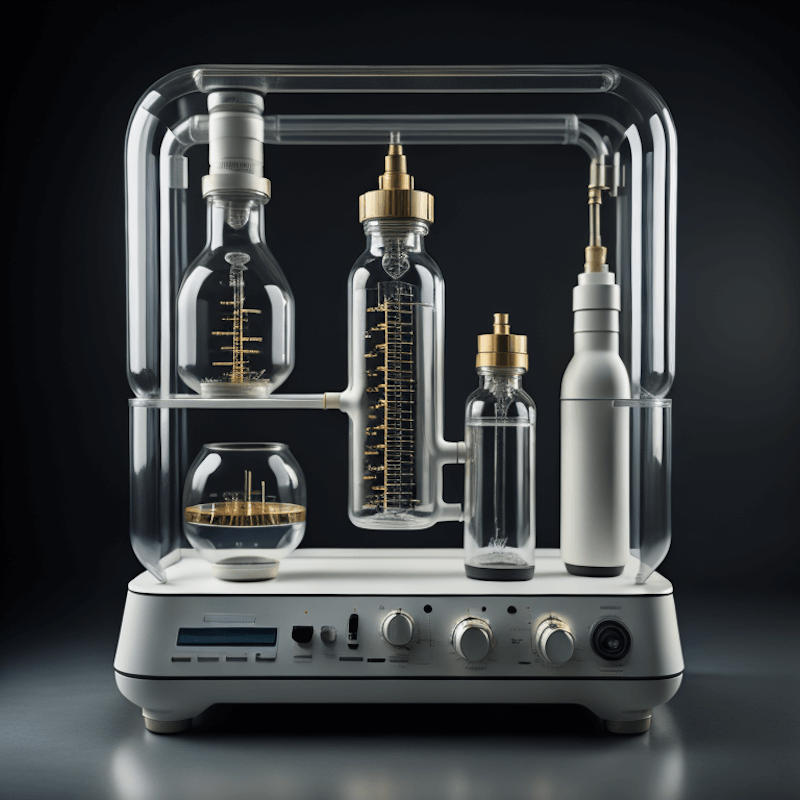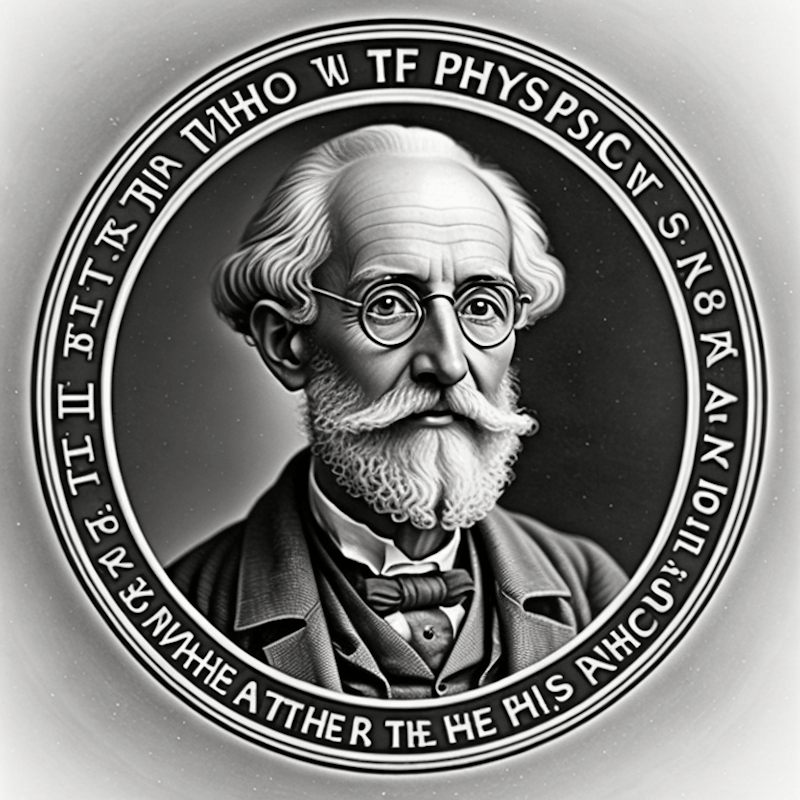There are few people in the world who have had as much of an impact on modern medicine as Dr. Louis Pasteur.
He was the father of bacteriology and his work revolutionized the way we treat infections and diseases.
His discoveries saved countless lives and continue to do so to this day.
The father of bacteriology is generally considered to be Louis Pasteur.
He was the first to propose the germ theory of disease and did a lot of work on bacteria and vaccines.
Who is the father of bacteriology?

Louis Pasteur was a French biologist and chemist who is renowned for his groundbreaking work in the field of bacteriology.
The father of bacteriology is widely regarded as Louis Pasteur. Here are 10 key facts about Pasteur’s fundamental contributions to the field of bacteriology:
- Pasteur was a French chemist and microbiologist who lived from 1822-1895.
- He originated the germ theory of disease, proving that microorganisms cause infectious diseases. This laid the foundation for bacteriology.
- Pasteur showed that the growth of microorganisms causes fermentation and food spoilage. This process became known as “pasteurization”.
- He performed experiments definitively demonstrating that microorganisms do not spontaneously form from non-living matter. This disproved spontaneous generation.
- Pasteur invented techniques to kill microbes and halt food contamination, including pasteurization heating and aseptic vacuum-sealed jars.
- He discovered anthrax bacteria and created the first vaccine for anthrax to prevent the animal disease. This was the outset of modern immunization.
- Pasteur developed vaccines to combat other diseases including chicken cholera and rabies, further advancing bacteriology and immunology.
- He identified streptococcus, staphylococcus, and pneumococcus bacteria, causative agents of puerperal fever, skin infections, and pneumonia.
- Pasteur established the causative microbial agents for diphtheria, cholera, TB, smallpox, and more.
- He founded the Pasteur Institute in 1887, a major center and training ground for microbiological research.
For these pioneering works in identifying bacteria, developing vaccines, and establishing the field of microbiology, Pasteur is revered as the father of bacteriology. His research was fundamental in proving and applying the germ theory of infectious disease.
Explain it to a child
The father of bacteriology is usually considered to be Louis Pasteur. He was the first person to suggest that germs cause diseases. He also did a lot of research on bacteria and vaccines.
Before Pasteur, it was largely believed that microorganisms were spontaneously created from inanimate material, but he disproved this theory through careful experimentation. He noted that when boiled broth cooled, it did not putrefy if protected from airborne microbes, while broth exposed to air become contaminated quickly.
His discovery paved the way for pasteurization processes to be developed in order to prevent illnesses caused by bacteria in food products and drinks.
During his extensive research on microorganisms, Pasteur also developed a rabies vaccine to protect against the spread of this dangerous disease.
What are some of Pasteur’s most famous discoveries in Science about bacteriology?
Louis Pasteur is widely considered to be one of the pioneers in the field of bacteriology, making several groundbreaking discoveries throughout his lifetime.

Perhaps one of Pasteur’s most famous discoveries was that many diseases were caused by microorganisms, subsequently overturning the long-held view that diseases arose spontaneously and were a direct result of supernatural powers or toxic substances.
- He eventually went on to devise ways to prevent infections, providing his first treatment known as ‘pasteurization’ or ‘Pasteur-Coumbe method’ which involved heating beer and wine to a temperature below boiling point and then cooling it quickly.
- This process acted to kill off any potential pathogens in the beverage and would later become the standard for food safety regulations.
- In addition, he also developed germ theory – which states that some diseases could be spread through contact with infectious microorganisms – thus contributing to the creation of methods for treating contagious illnesses.
The Pasteur Institute still stands today, continuing much of Pasteur’s work in exploring new treatments for bacterial infections.
Overall, his discoveries played an important role in furthering our knowledge about bacteriology and medicine.
How has bacteriology progressed since Pasteur’s time?
Louis Pasteur is widely credited with revolutionizing the field of bacteriology in the 19th century.

- His research and experiments ushered in a new era of understanding how bacteria worked, and his discoveries put him at odds with the traditional germ theory of disease.
- Since his time, numerous advances have been made that have pushed the field even further.
- One of the most notable accomplishments was the development of antibiotics, drugs capable of destroying disease-causing bacteria without causing harm to healthy cells.
- There have also been major strides in genetic sequencing; researchers now use advanced methods to determine bacterial genomes, enabling them to develop more effective therapies for a variety of conditions.
Additionally, modern techniques allow for faster isolation and characterization of bacterial strains, which can sometimes provide keys to developing additional treatments or cures.
Bacteriology has come a long way since Pasteur’s original discoveries, and there is still much left to be uncovered in this vital branch of science.
What impact did his work have on the world of medicine?
His work in the world of medicine has left an indelible mark on the field, completely transforming its approach to patient care and the prevention of illnesses.
- A pioneer in his field, his research pushed boundaries and uncovered key biological pathways that had previously been untapped.
- His findings have been used to develop new treatments for a variety of medical conditions and have opened up new methods of disease prevention.
- For example, his studies on identifying environmental triggers for inflammatory diseases helped to raise public awareness regarding preventative measures to take.

On a global scale, he was instrumental in developing networks of pharmacies and drugstores providing needed medicines across the globe.
In addition to delivering quality healthcare, these stores worked to reduce the financial burden placed on communities by decreasing the cost of drugs.
As a result, countless lives were made healthier and more secure thanks to the impact that his work had on modern medicine.
What is the legacy of Louis Pasteur’s work on bacteriology and medicine?
Louis Pasteur was a celebrated scientist, credited with a legacy of discovery that impacted modern medicine and microbiology.
His work in immunization and sterilization were vital advancements that prevented the spread of deadly diseases.
He proved with his research that microbes were the cause of many infectious diseases and by reducing their presence, much of the suffering associated with them could be contained.
Pasteur’s legacy has helped shape modern medicine, as it allowed scientists to focus on the power of bacteria and chemicals to alter health outcomes for millions.
His researchers further gave mankind insight into theories such as pasteurization and vaccination, helping eliminate some of history’s deadliest ailments like smallpox, diphtheria, tetanus, tuberculosis, and more—complimenting existing treatments such as hygienic practices.
Today his legacy lives on in various forms; bacterial names bear his name!
These incredible contributions have been essential in fields like pathology, bacteriology, and biotechnology among others.
Louis Pasteur truly is one of medical history’s unsung heroes; we owe much to his legacy for the remedies available today.
- By recognizing the power of microbes and understanding their role better, his discoveries saved countless lives which still echo today in modern medicine.
- For these achievements and more, Louis Pasteur is remembered as the father of bacteriology.
His life’s work has led to countless scientific advancements and helped preserve human life around the world.
Other “Father Of” Scientific Field Articles:
- Father of Botany
- Father of Zoology
- Father of Ecology
- Father of Bacteriology
- Father of Immunology
- Father of Biology
- Father of Physiology
- Father of Virology
- Father of Anatomy
- Father of Physics
Article Sources
Jacks of Science sources the most authoritative, trustworthy, and highly recognized institutions for our article research. Learn more about our Editorial Teams process and diligence in verifying the accuracy of every article we publish.